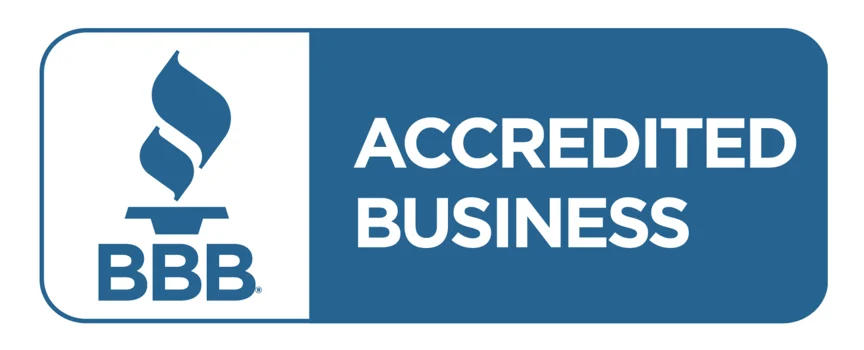Emergency HVAC Services & Repair in Oakville
Oakville HVAC services offer critical maintenance, repair, and installation for heating, ventilation, and air conditioning systems. Regular HVAC maintenance enhances system longevity and performance while ensuring energy efficiency. Common repairs include thermostat malfunctions and refrigerant leaks, which can lead to increased energy costs. Energy-efficient solutions not only lower utility bills but also improve indoor air quality. Professional installation guarantees compliance with safety standards and maximizes system effectiveness. Discover more about optimizing HVAC services for your home.
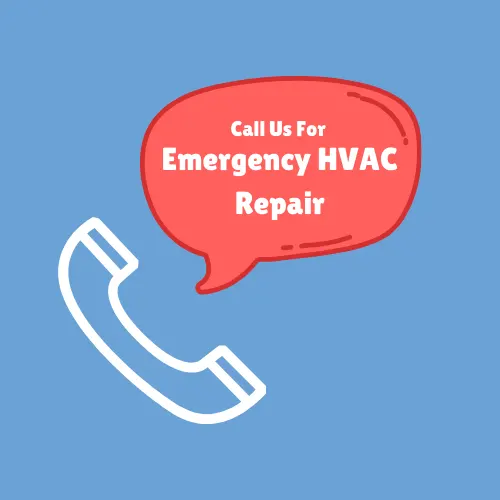
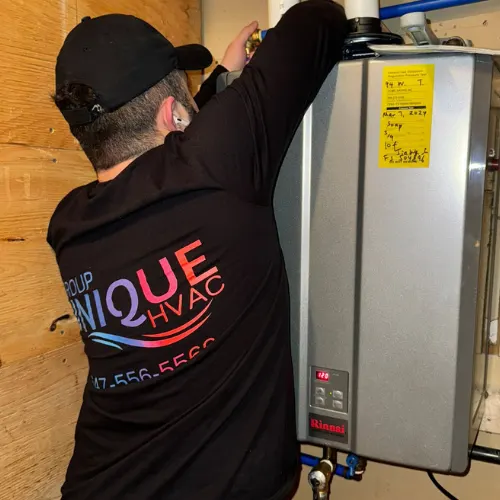
Importance of Regular HVAC Maintenance
Although many homeowners may overlook it, the importance of regular HVAC maintenance cannot be understated. Consistent maintenance markedly enhances HVAC system longevity, ensuring optimal performance and energy efficiency. Establishing maintenance schedules, ideally biannual inspections, allows for timely identification and resolution of potential issues before they escalate into costly repairs. Homeowners can adopt HVAC longevity tips such as changing filters regularly, cleaning coils, and ensuring proper airflow. In addition, investing in professional servicing can provide a thorough assessment of the system’s health, including checking refrigerant levels and electrical connections. By adhering to these practices, homeowners not only prolong the lifespan of their HVAC systems but also improve indoor air quality and reduce energy consumption, ultimately leading to cost savings and enhanced comfort.
Common HVAC Repairs in Oakville
In Oakville, common HVAC repairs often include thermostat malfunctions and refrigerant leaks. Thermostat issues can disrupt temperature regulation, leading to inefficient system performance. Refrigerant leaks compromise the cooling process, necessitating prompt attention to maintain system efficiency and avoid further damage.
Thermostat Malfunctions
Thermostat malfunctions are among the most prevalent issues encountered in HVAC systems in Oakville. These malfunctions can stem from improper thermostat calibration or compatibility issues with existing HVAC units. Understanding the types of thermostat problems can aid in timely repairs and guarantee efficient system performance.
| Issue | Symptoms | Solutions |
|---|---|---|
| Incorrect Calibration | Unresponsive temperature changes | Adjust calibration settings |
| Compatibility Issues | System not responding correctly | Upgrade to compatible model |
| Wiring Problems | Erratic behavior or display issues | Inspect and repair wiring |
Regular maintenance and checks can prevent these problems, guaranteeing that the HVAC system operates effectively and efficiently throughout the year.
Refrigerant Leaks
Refrigerant leaks represent a significant concern for HVAC systems in Oakville, often leading to decreased efficiency and increased energy costs. Proper leak detection is essential for maintaining system performance and preventing further damage. Common refrigerant types include R-22, R-410A, and newer alternatives, each with unique properties affecting system operation.
Key indicators of refrigerant leaks include:
Addressing refrigerant leaks promptly not only restores efficiency but also enhances the lifespan of HVAC systems. Professional technicians can utilize advanced leak detection methods to identify and rectify issues, ensuring peak performance in Oakville’s climate.
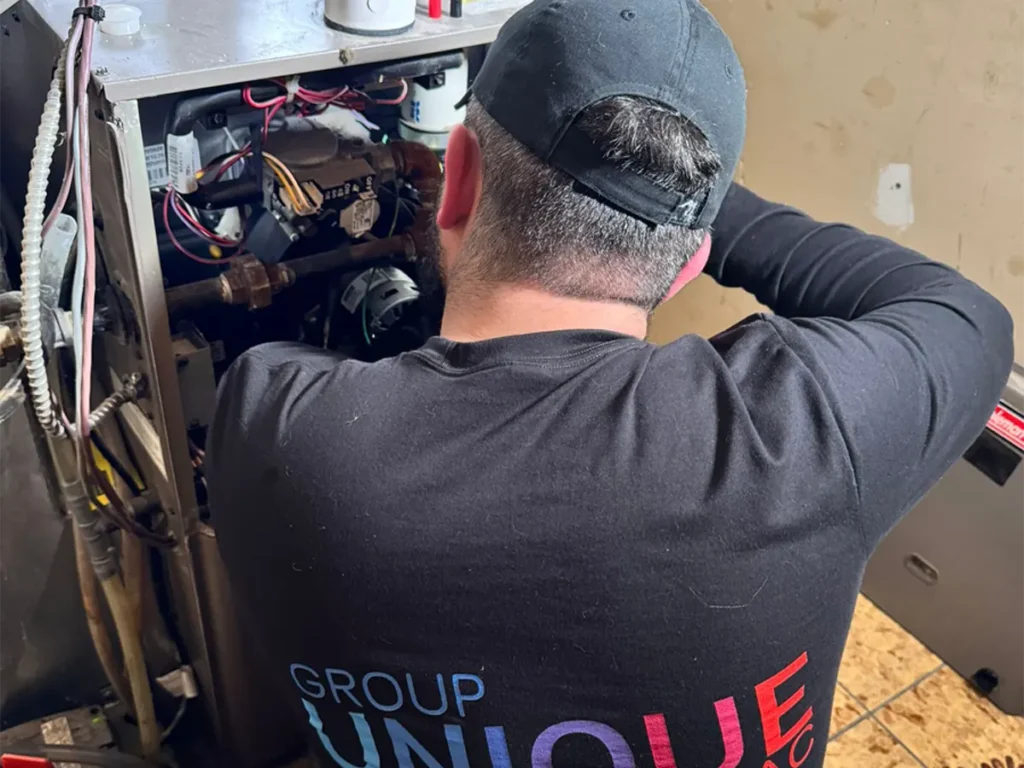
Energy-Efficient HVAC Solutions
Energy-efficient HVAC solutions offer significant benefits, including reduced energy consumption and lower utility costs. Innovative technologies, such as variable refrigerant flow systems and smart thermostats, enhance the performance and efficiency of heating and cooling systems. Implementing these solutions not only contributes to environmental sustainability but also increases the overall comfort of indoor spaces.
Benefits of Energy Efficiency
As homeowners increasingly seek sustainable solutions, the adoption of energy-efficient HVAC systems has become a pivotal strategy for reducing utility costs and minimizing environmental impact. Implementing these systems offers several benefits:
Innovative HVAC Technologies
Recent advancements in HVAC technology have paved the way for innovative energy-efficient solutions that enhance both performance and sustainability. These technologies include systems that utilize smart home integration, allowing homeowners to control heating and cooling through advanced applications and sensors. By optimizing energy use based on real-time data, these systems contribute to substantial reductions in energy consumption. Additionally, the incorporation of sustainable energy solutions, such as solar-assisted heating and geothermal systems, further enhances the efficiency of HVAC installations. These innovations not only reduce operational costs but also minimize the environmental impact associated with traditional HVAC systems. As the demand for energy-efficient solutions grows, these technologies represent a critical evolution in the HVAC industry, aligning with modern sustainability goals.
Emergency HVAC Services
A reliable emergency HVAC service is essential for addressing sudden heating or cooling failures that can disrupt comfort and safety in residential and commercial settings. Such services guarantee that emergency procedures are executed efficiently, minimizing downtime. Key aspects of emergency HVAC services include:
Rapid Response
Technicians are available 24/7 for urgent repairs.
Comprehensive Diagnostics
Quick and accurate assessment of HVAC issues.
Skilled Personnel
Certified professionals equipped to handle diverse emergencies.
Preventative Measures
Recommendations to prevent future breakdowns.
These services are critical not only for restoring comfort but also for maintaining air quality and system efficiency. Implementing effective emergency HVAC services can safeguard properties and enhance overall system reliability.
Choosing the Right HVAC System for Your Home
Selecting the appropriate HVAC system for a home involves careful consideration of various factors that influence both comfort and energy efficiency. Homeowners must evaluate different system types, such as central air conditioners, heat pumps, and ductless mini-split systems, to determine which best suits their needs. Additionally, installation costs can vary considerably based on system type and home size, impacting the overall investment.
| System Type | Average Installation Cost | Energy Efficiency Rating |
|---|---|---|
| Central Air Conditioner | $3,500 – $7,500 | 14 – 20 SEER |
| Heat Pump | $4,000 – $8,000 | 15 – 22 SEER |
| Ductless Mini-Split | $3,000 – $5,000 | 16 – 30 SEER |
Evaluating these elements guarantees that the selected HVAC system aligns with the homeowner’s budget and comfort requirements.
Benefits of Professional HVAC Installation
While some homeowners may consider DIY options for HVAC installation, the benefits of professional installation are profound and multifaceted. Engaging a professional guarantees peak performance and longevity of the HVAC system, which is vital for energy efficiency and comfort. Key advantages include:
Expert System Selection
Professionals assess specific home requirements, guaranteeing the most suitable system is chosen
Adherence to Codes
Licensed technicians ensure compliance with local regulations and safety standards
Efficient Installation Timeline
Professionals streamline the installation process, minimizing disruption to daily life
Warranty Assurance
Many manufacturers require professional installation to validate warranties, protecting the homeowner’s investment
Tips for Improving Indoor Air Quality
Improving indoor air quality is essential for maintaining a healthy living environment, as poor air quality can lead to various health issues and discomfort. To enhance air quality, the installation of air purifiers can be highly effective. These devices remove pollutants, allergens, and particulate matter, contributing to cleaner air. Additionally, optimizing ventilation systems is vital for ensuring adequate air exchange within indoor spaces. Proper ventilation reduces moisture buildup and the concentration of indoor pollutants, fostering a healthier atmosphere. Routine maintenance of HVAC systems also plays a noteworthy role; changing filters regularly and scheduling professional inspections can prevent the circulation of contaminated air. Implementing these strategies will greatly improve indoor air quality and overall well-being.
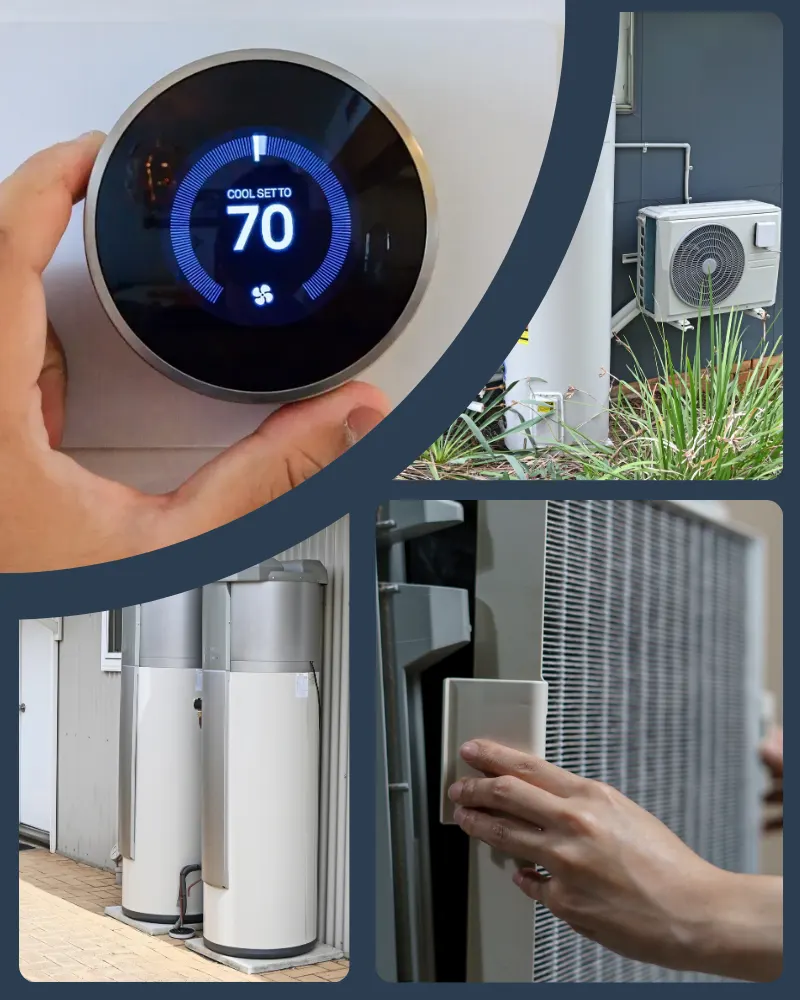
Frequently Asked Questions
How Often Should I Replace My HVAC System Filter?
Regular filter maintenance is essential for peak HVAC performance. Typically, disposable fiberglass filters should be replaced every 30 days, while pleated filters may last up to 90 days, depending on specific filter types and usage conditions.
What Are Signs My HVAC System Needs Replacement?
Indicators for HVAC system replacement include frequent breakdowns, rising energy bills, and poor air quality. Typically, a system’s lifespan is around 15-20 years; beyond this, these replacement indicators become more pronounced, necessitating evaluation for replacement.
Can HVAC Systems Improve Home Resale Value?
HVAC systems can substantially enhance home valuation by improving energy efficiency. Prospective buyers often prioritize modern, efficient systems, leading to increased interest and potentially higher offers, consequently making upgraded HVAC systems a valuable investment for homeowners.
Are There Tax Credits for Energy-Efficient HVAC Upgrades?
Tax credits are often available for energy-efficient HVAC upgrades, providing tax incentives that can enhance financial returns. These incentives promote energy savings, encouraging homeowners to invest in more efficient systems, ultimately benefiting both the environment and their finances.
How Can I Reduce HVAC Noise in My Home?
To reduce HVAC noise in a home, one can implement soundproofing techniques such as installing acoustic panels and utilizing duct insulation. These methods effectively minimize sound transmission, creating a quieter and more comfortable living environment.
Conclusion
In conclusion, maintaining an efficient HVAC system in Oakville is vital for ideal home comfort and energy savings. Regular maintenance, timely repairs, and the selection of energy-efficient solutions contribute greatly to system longevity and performance. Additionally, professional installation guarantees the proper functioning of the system. Homeowners are encouraged to prioritize indoor air quality through appropriate measures, ultimately enhancing their living environment. Engaging with local HVAC services can facilitate these essential practices for a healthier, more comfortable home.
Client Experiences with Unique HVAC Services
Trustindex verifies that the original source of the review is Google. Thank you for the best service.Trustindex verifies that the original source of the review is Google. I had an amazing experience with Unique! They were super professional and friendly, making the whole process smooth and stress-free. They installed the equipment quickly, efficiently, and left the working area in a clean state. The team was knowledgeable and answered all my questions patiently. They even suggested a government rebate program. Extra savings! Highly recommend them to anyone looking for HVAC services!Trustindex verifies that the original source of the review is Google. Excellent work. This guys works so well. Thanks a lot. Totally recommended!Trustindex verifies that the original source of the review is Google. Had a great experience! The team was professional, reliable, and really knew their stuff. Definitely recommend them for quality work you can trust.Trustindex verifies that the original source of the review is Google. I contacted this company for the installation of a heating and air conditioning system, and I was very satisfied! The staff are true professionals: they quickly answered all my questions, helped me choose the best equipment, and completed the installation promptly. The work was done with high quality and on time. I especially appreciated that after the installation, they provided detailed instructions on how to use the system and offered maintenance services. It’s clear that the company is customer-focused and strives to deliver top-notch service. I highly recommend them to anyone looking for a reliable HVAC contractor!Trustindex verifies that the original source of the review is Google. Excellent service, technician who came was very experienced and repaired my furnace the same day, competitive prices!Trustindex verifies that the original source of the review is Google. Excellent service! The team was punctual, professional, and efficient. They fixed quickly my problem. Highly recommend !Trustindex verifies that the original source of the review is Google. Great Service! The team was professional, arrived on time, and fixed my heating issue quickly. They explained everything clearly and offered fair pricing. Highly recommend them for any heating and cooling needs!Trustindex verifies that the original source of the review is Google. I had a great experience with Unique Group HVAC for my furnace installation. They were professional, on time, and explained everything clearly. The team worked efficiently, kept the area clean, and made sure the system was running perfectly before they left. My new furnace works great—it’s quieter, more efficient, and keeps my home warm and comfortable. I highly recommend Unique Group HVAC for their excellent service!Trustindex verifies that the original source of the review is Google. Hi, had a positive experience with a service in my home! It's always nice when you feel like you're getting good value for your money, especially in a larger space.






